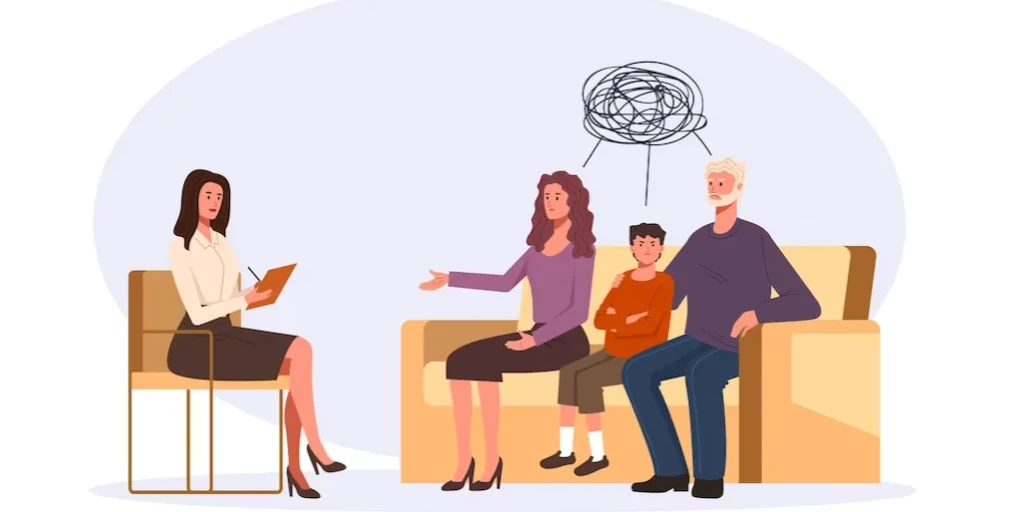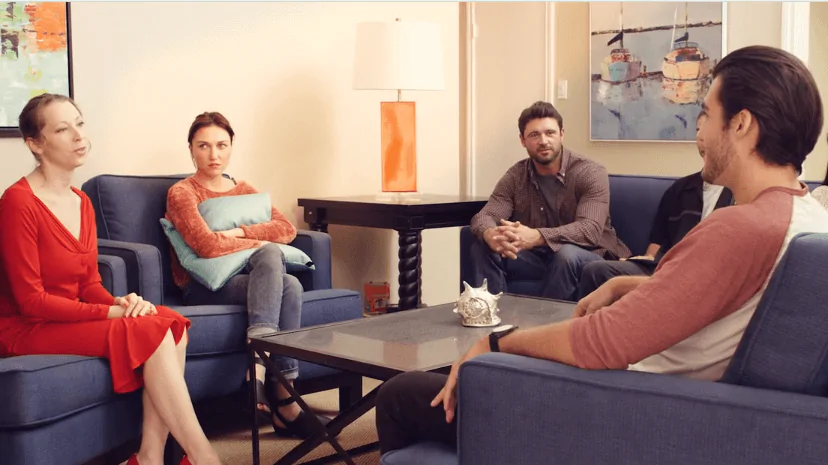24/7 Helpline:
(866) 899-111424/7 Helpline:
(866) 899-1114
Other Insurance Options

Private insurance

United Health Care

Optum

Covered California

Self-pay options

American Behavioral

Sutter

Anthem

UMR

CareSource

Evernorth

Health Choice

Coventry Health Care

CareFirst

Magellan

BlueShield

BlueCross

GEHA

Sliding scale payment assistance

MVP Healthcare




Montgomery Area Mental Health Authority – Montgomery
Montgomery Area Mental Health Authority – Montgomery is a public rehab located in Montgomery, Alabam...

Baptist Meadhaven Addictive Disease Program
Baptist Meadhaven Addictive Disease Program is a private rehab located in Montgomery, Alabama. Bapti...

New Season – Montgomery Metro Treatment Center
New Season - Montgomery is an alcohol and drug rehab center serving the people of Montgomery, Alabam...

Bradford Health Services
Bradford Health Services is a drug and alcohol rehab in Montgomery, Alabama. They provide outpatient...








































Montgomery Area Crisis Residential Care
Montgomery Area Crisis Residential Care is a private rehab located in Montgomery, Alabama. Montgomer...

Faith Crusades Homes
Faith Crusades Homes is a private rehab located in Montgomery, Alabama. Faith Crusades Homes special...

Chemical Addictions Program
Chemical Addictions Program is a non-profit rehab located in Montgomery, Alabama. Chemical Addiction...

Meadhaven Addictive Disease
Meadhaven Addictive Disease is a private rehab located in Montgomery, Alabama. Meadhaven Addictive D...

Baptist Medical Center South – Crossbridge Behavioral Health
Baptist Medical Center South – Crossbridge Behavioral Health is a drug and alcohol rehab in Montgome...

Crossroads to Recovery Ministries
Crossroads to Recovery Ministries is a private rehab located in Montgomery, Alabama. Crossroads to R...

Lighthouse Counseling Center – Outpatient
Lighthouse Counseling Center – Outpatient is a private rehab located in Montgomery, Alabama. Lightho...

AA – Alcoholics Anonymous – Chisholm Group
AA – Alcoholics Anonymous – Chisholm Group is a non-profit rehab located in Montgomery, Alabama. AA ...

Rehabilitation Associates
Rehabilitation Associates is a private rehab located in Montgomery, Alabama. Rehabilitation Associat...

Oxford House Catalyst
Oxford House Catalyst, located in Montgomery, Alabama, is a democratically-run, self-supporting, and...

We Are Women
We Are Women is a private rehab located in Montgomery, Alabama. We Are Women specializes in the trea...

Rehabilitation Associates – Carmichael Court
Rehabilitation Associates – Carmichael Court is a private rehab located in Montgomery, Alabama. Reha...

Bicycle Health – Alabama
Bicycle Health – Alabama is a drug and alcohol rehab in Montgomery, Alabama. They provide outpatient...

AA – Alcoholics Anonymous
AA – Alcoholics Anonymous is a non-profit rehab located in Montgomery, Illinois. AA – Alcoholics Ano...

Bicycle Health – Vermont
Bicycle Health - Vermont is an online Medication Assisted Treatment Program. Bicycle Health - Vermon...










































































































































